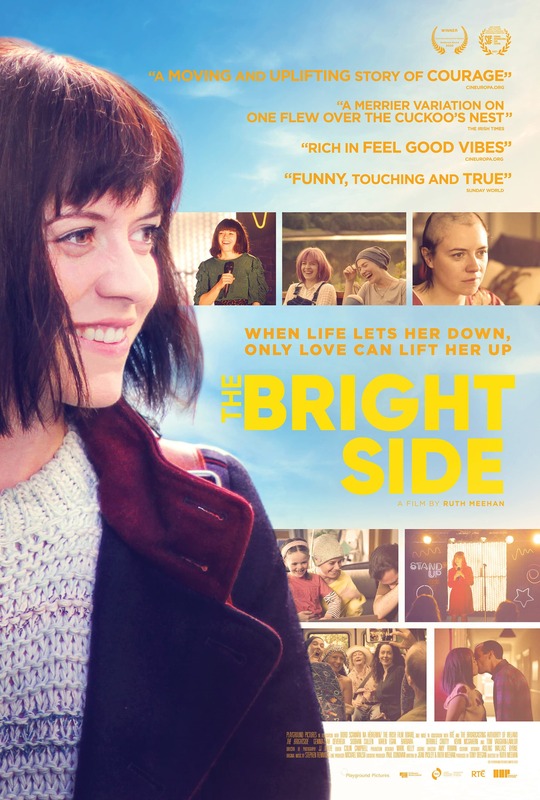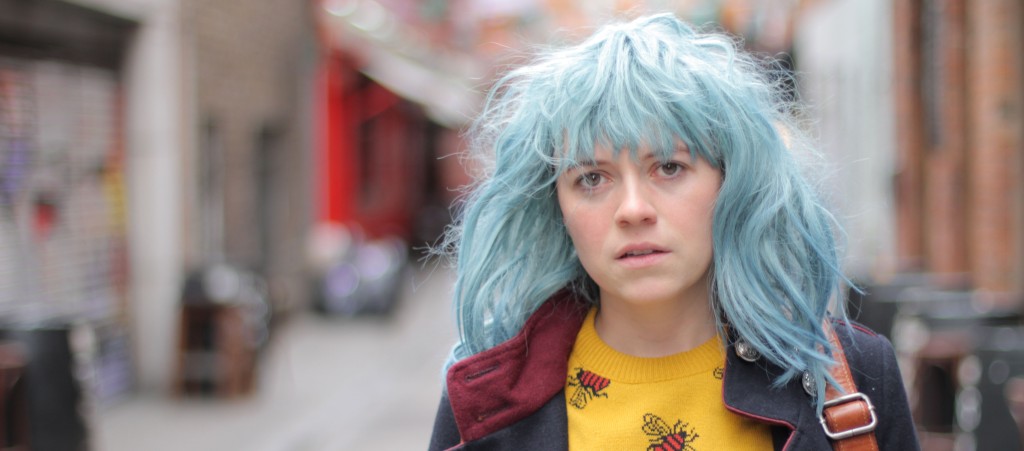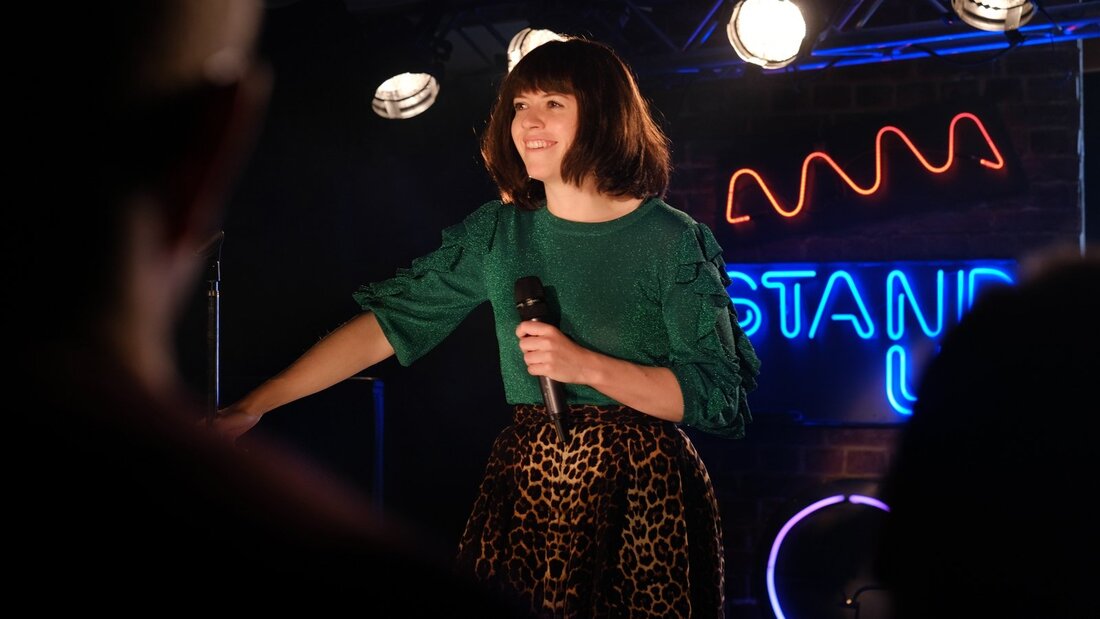|
Kate (Gemma-Leah Devreux) is a stand-up comedian working small pubs and clubs. She’s cynical and jaded, abusing prescription pills and seeing no future for herself. She uses dark comedy to work through childhood trauma and mental health issues before going back to her small and dingy flat in ‘Shitsville’. After being diagnosed with breast cancer she is forced to re-evaluate her outlook and her life. She can choose to break down her walls and open up to others or to shut down even further and seek an end to it all. Despite the bleak premise, this film has a lot of heart. It’s honest and deals with some very difficult subject matter, but it does so with an openness which allows us to understand, not judge. Each woman receiving treatment has their own ways of coping, from religion to reiki, positive thinking and fly fishing. No matter what anyone thinks of each other’s methods they are all just trying to get through. There’s support in the sisterhood as well as frustration and “The Bright Side” (2021) doesn’t sugar coat those emotions. The physical effects of cancer treatment are slightly sanitised but the tone of the film is not so raw that such a level of detail is required. The focus is more on women pulling together against cancer and how each person is affected differently. Kate didn’t start off being a happy person and come to have cancer disrupt her perfect existence. She was lonely and jaded, already near the end of her rope. Cancer connected her to other women and showed her that life is worth fighting for. As well as examining different outlooks on life, “The Bright Side” explores changing identities. In particular, the idea of femininity being connected with certain attributes like long hair and breasts. When these are taken away a person may see themselves, their identity, and their gender in a different way. Even without these changes, a person’s sense of self may take a massive blow when their own body is changed by illness. Kate herself is forced to contemplate having a mastectomy in comparison with her (fairly low) drive to survive. Comedy is a coping mechanism and a way to express anger, frustration and trauma. It’s an outlet for bitterness but it doesn’t let in any light. It’s only by meeting new people and becoming vulnerable with them that she manages to see a way through. Here the film gives us an uplifting message despite the difficult subject. If you put aside your anger you can find human connection and hope. "I feel so... diseased" In places the dialogue does seem quite utilitarian and unnatural. But for the most part the performances are natural and honest enough to take us into the characters’ emotional journeys. It treads a line between poignant and dramatic, never tipping too far into either side. The result is moving and emotional but laced with hope that no matter your coping tactics, deep human connection will get you through. Comments are closed.
|
AuthorHi, I'm Caz. I live in Edinburgh and I watch a lot of films. My reviews focus mainly on women in film - female directors or how women are represented on screen. Archives
December 2021
Categories
All
|





 RSS Feed
RSS Feed
